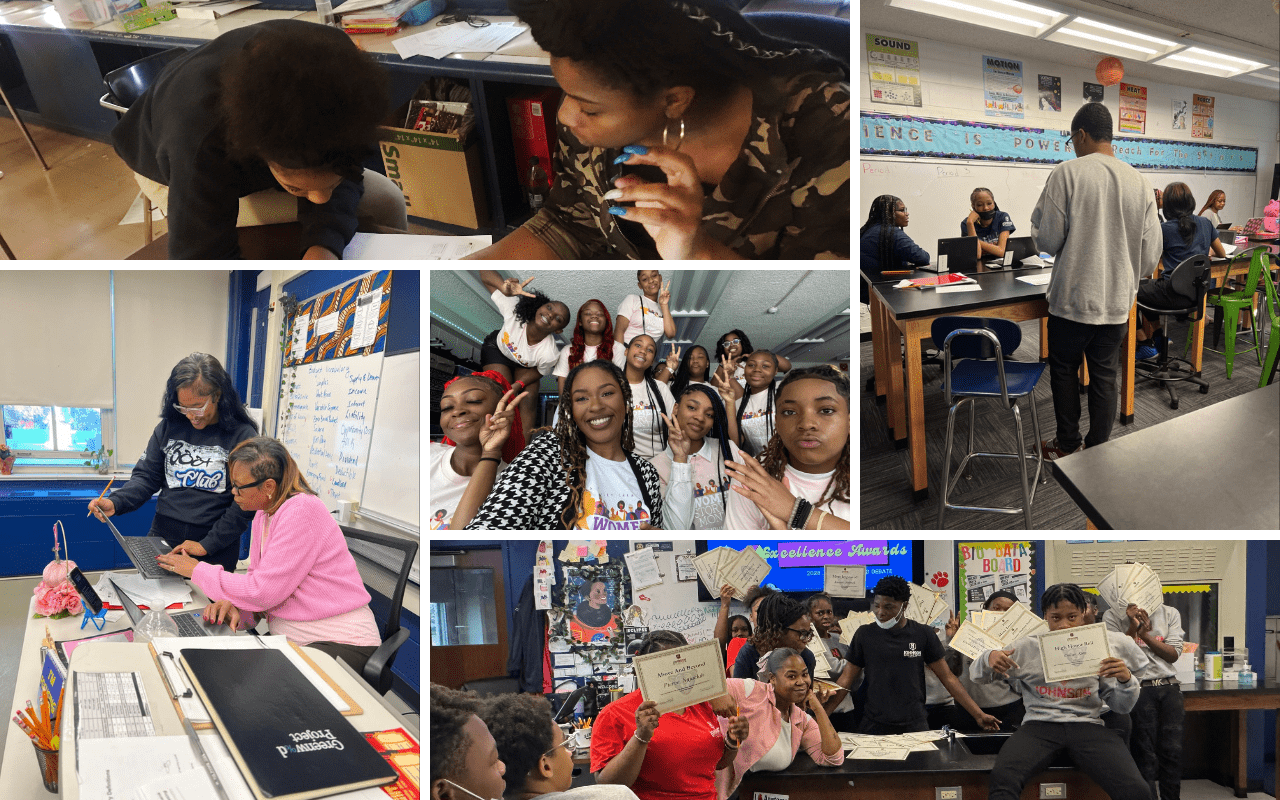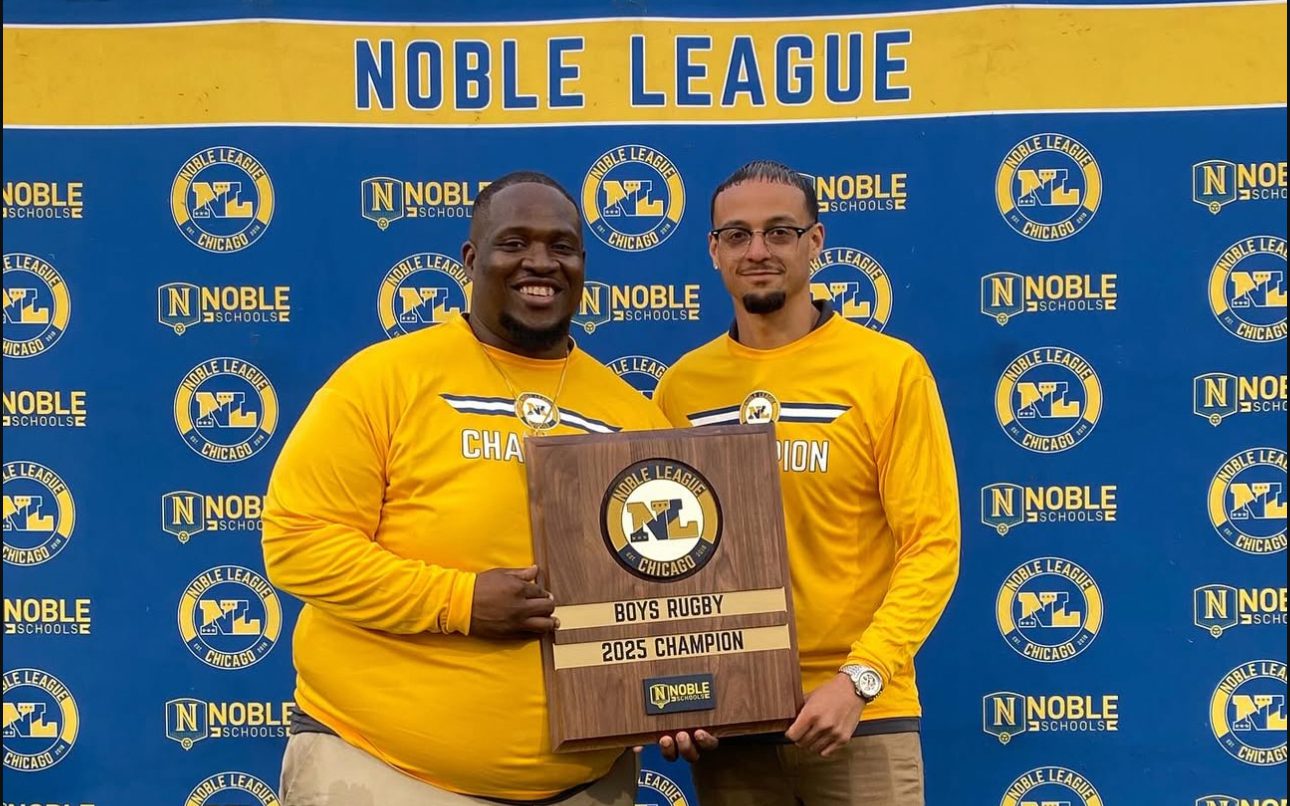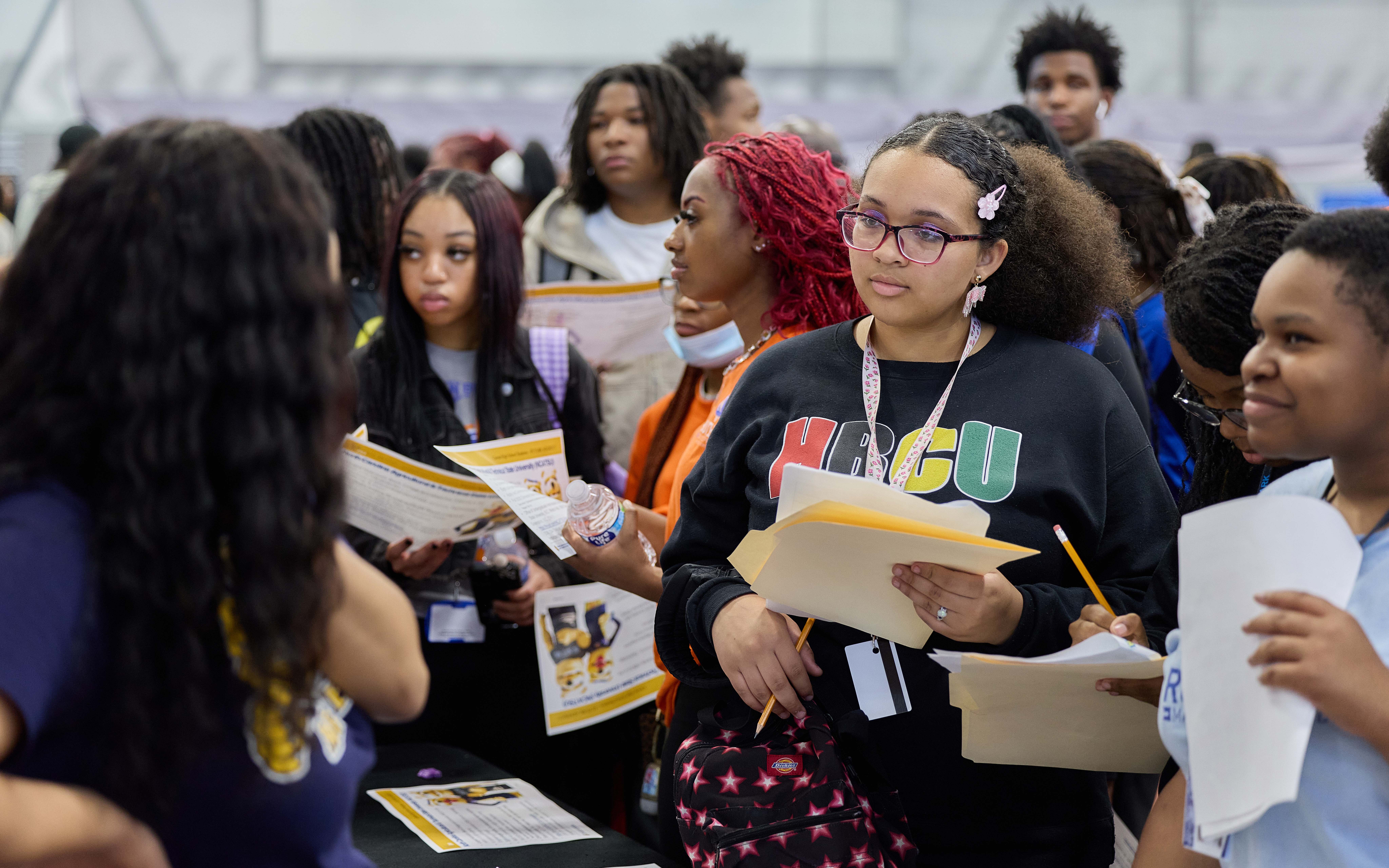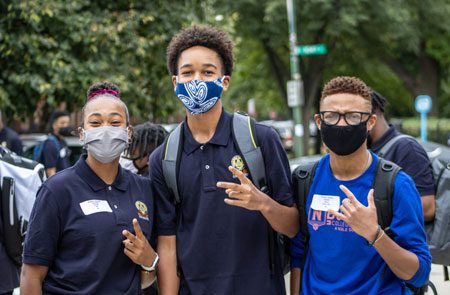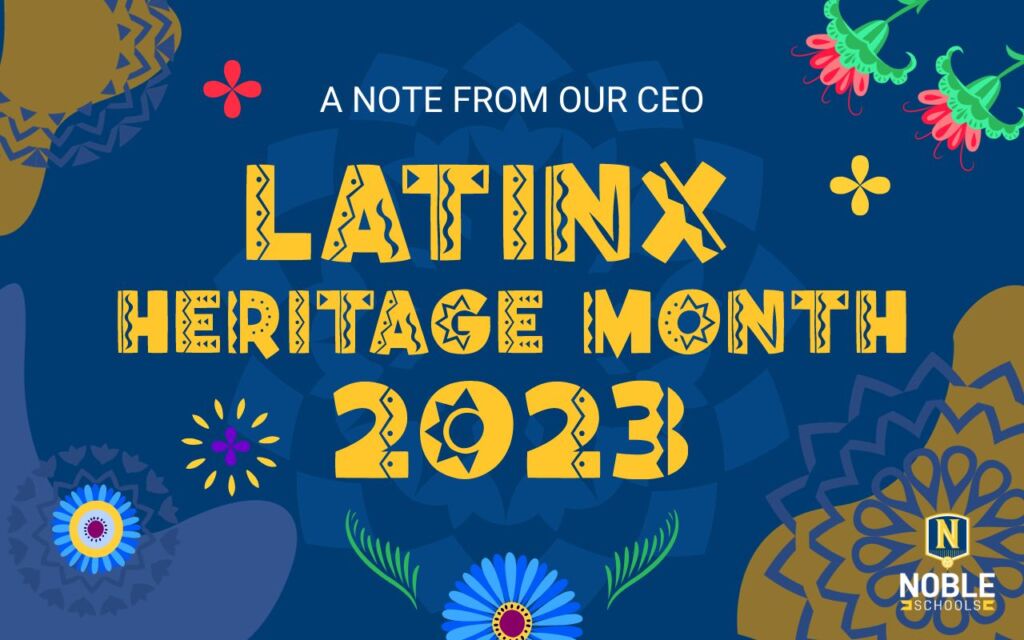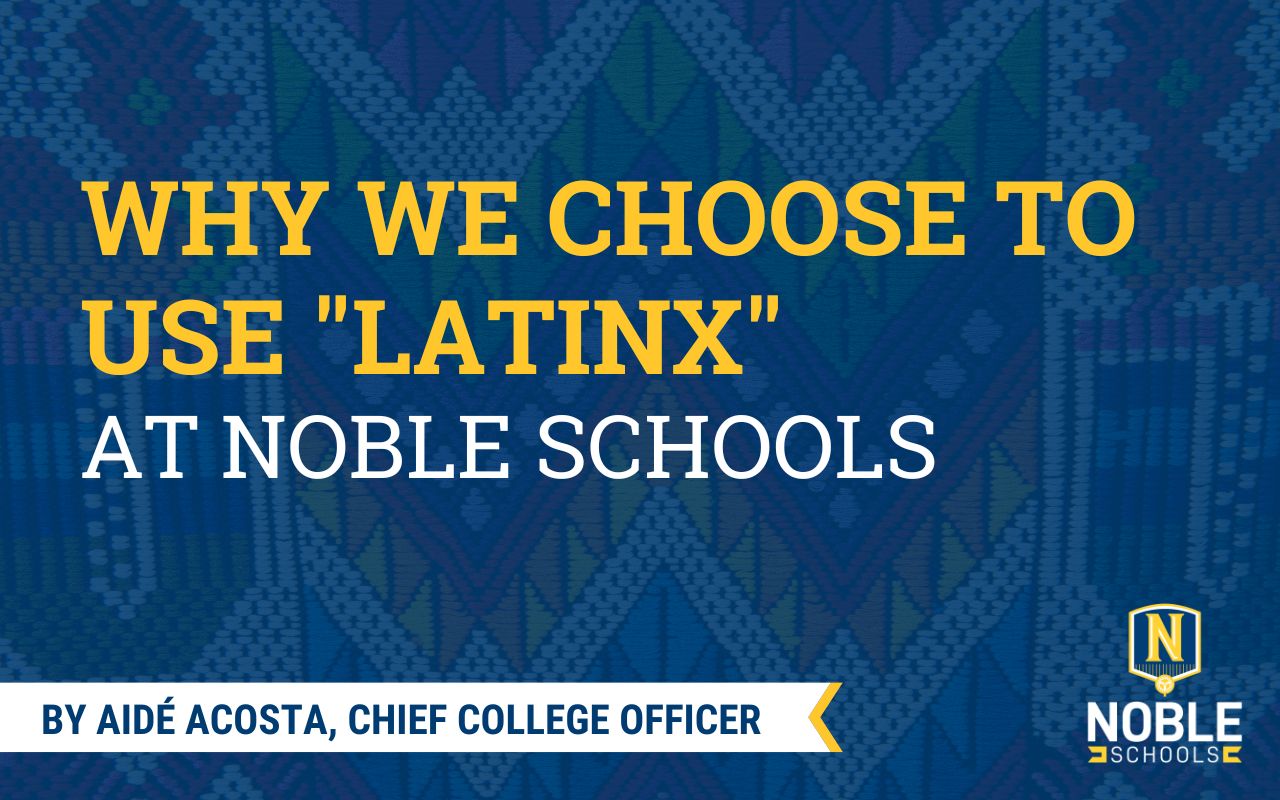
BY DR. AIDÉ ACOSTA, Ph. D, Chief College Officer at Noble Schools
In kicking off Latinx Heritage Month, I want to share with you a note about the challenges in defining the Latin America Diaspora in the U.S. “Latinx” is a fairly new ethnic category (see Who are you calling Latinx? for a summary). Ethnic labels are relative and contextual (our identities shift depending on the context). You can also listen to our Diálogo about the shifting meaning of ethnic labels within the Latinx community. As we continue to evolve as an anti-racist organization, we must continue to inspect these different labels through an intersectional lens, and most importantly, we engage our diverse experiences through an inclusive approach.
There is a long history of identifying, and of self-identifying, people of Latin American origin. Here is a brief summary of the different ethnic labels:
Hispanic: umbrella ethnic category created under the Nixon administration and used as a Census term to identify individuals from Spanish-Speaking Countries, including Spain.
Latina/Latino: geographical term to include people whose origins are from Latin America, but also includes those that do not speak Spanish or whose first language is not Spanish.
Latinx: is a gender-neutral term used in lieu of “Latino” or “Latina” to refer to a person of Latin American descent. Latinx is a gender-neutral and inclusive alternative.
Latine: is also an inclusive and gender-neutral term used in lieu of “Latino” and commonly used among Spanish speakers, as it is more easily pronounced than Latinx and can be used in plural forms. The Spanish language uses “e” as a gender neutral ending to words like estudiante (student).
While these ethnic terms are often used interchangeably, they are not interchangeably demographic terms. Hispanic is a linguistic term to identify Spanish speakers; whereas, Latino/Latinx/Latine are geographical terms to include people from Latin America. The terms to describe the communities in the U.S. have constantly evolved. The term, “Latinos”, gained popularity as a rejection of the word “Hispanic,” which many saw as an imposed government category and as assimilationist. “Latinx” and “Latine” has gained popularity as a rejection of binary gender politics. See more here: Latinx explained (USA Today) and Latine vs. Latinx? (Teen Vogue).
It is hard to define a group of people with diverse and complex histories, regions, and unique linguistic and cultural expressions. The common thread and what binds us together is geopolitics, argues Héctor Tobar in Our Migrant Souls, referring to our shared experiences of surviving empire. We have been brought together by the brutalities of European conquest, U.S. imperialism, and economic migration, and thus have evolved as diverse communities across the hemisphere: from all over Latin America to Chicago and beyond (Diaspora Baby: What Makes U.S. Latinos so hard to Define? (L.A. Times).
The term “Latinx” is a fairly new category of self-identification and identifying communities with origins in Latin America. In choosing this term, we are not striving for accuracy given the complexity to identify a diverse group of people, but rather, we are striving for inclusivity. The borders of when and where Latin America begins and ends “es una herida abierta,” or an open wound as the late Gloria Anzaldúa stated.
Enjoy!
ABOUT THE AUTHOR
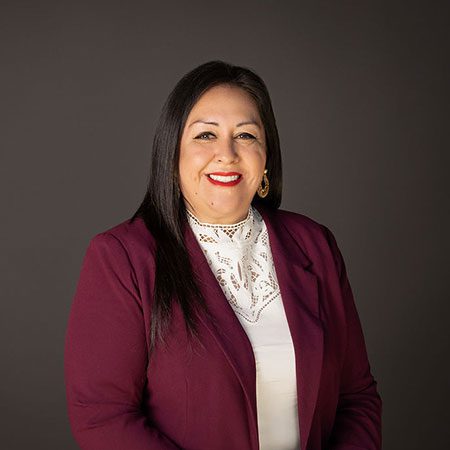
Dr. Aidé Acosta is Chief College Officer (CCO) for Noble Schools. As CCO, Dr. Acosta leads all college access and success strategies, and overlooks the following programs: Summer of a Lifetime, College Counseling, Alumni Supports, Alumni Career Office, Pritzker Access Scholarship (PAS), and Noble Forward. Dr. Acosta also serves as a leader in the national education community, collaborating with a national network of practitioners and sharing Noble’s practices towards improving college outcomes for underserved populations.
Dr. Acosta grew up in the border region of San Diego/Tijuana. Her parents arrived to the U.S. with a collective formal education of 8 years. She is a first-generation college student who, in spite of dropping out of high school in 10th grade, has earned a Bachelor’s, Master’s, and Doctorate. Dr. Acosta earned a bachelor’s degree from UC-Riverside and a Master of Arts and Doctorate in Anthropology from the University of Illinois at Urbana-Champaign.


